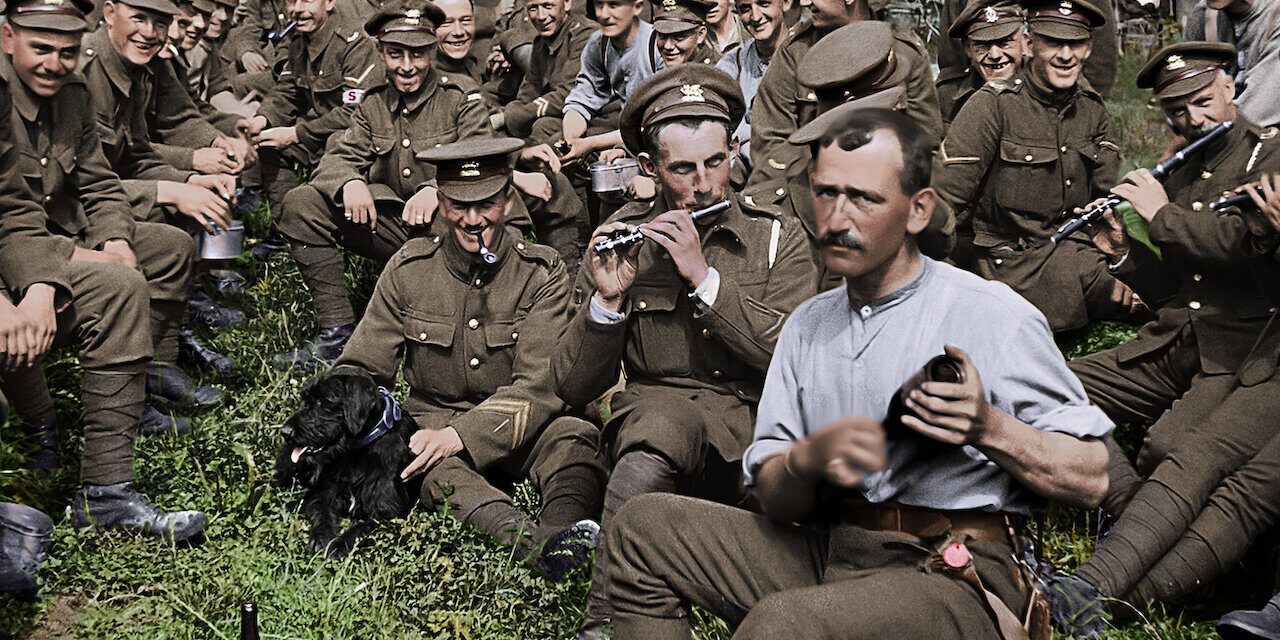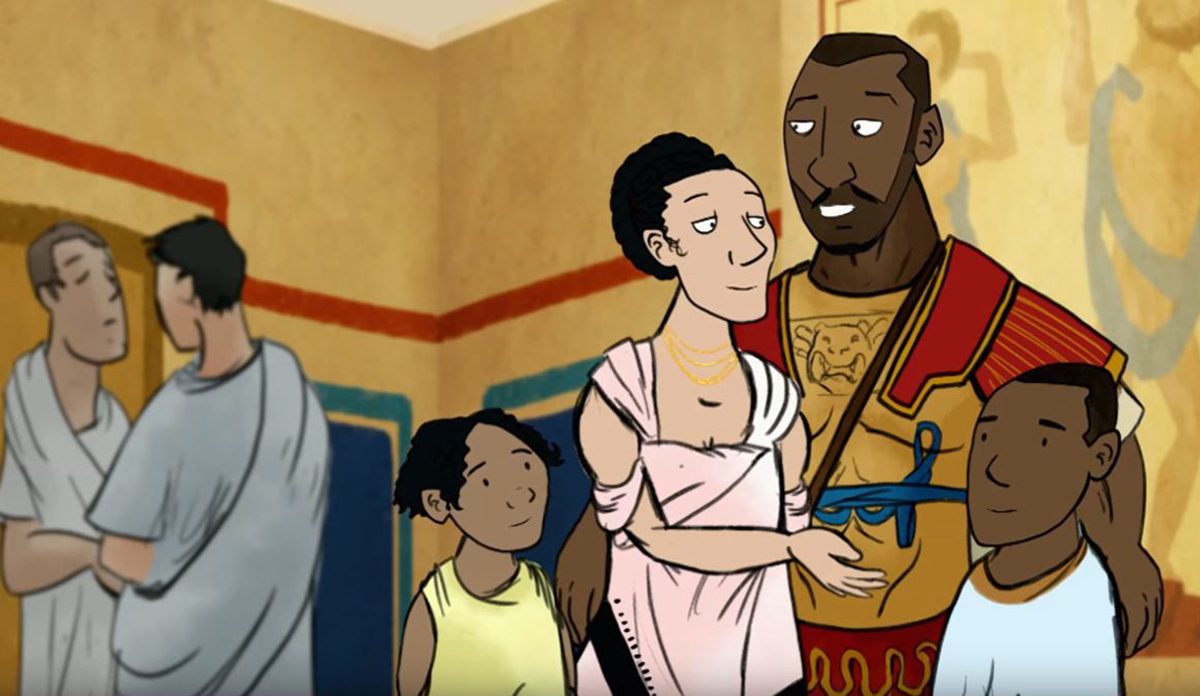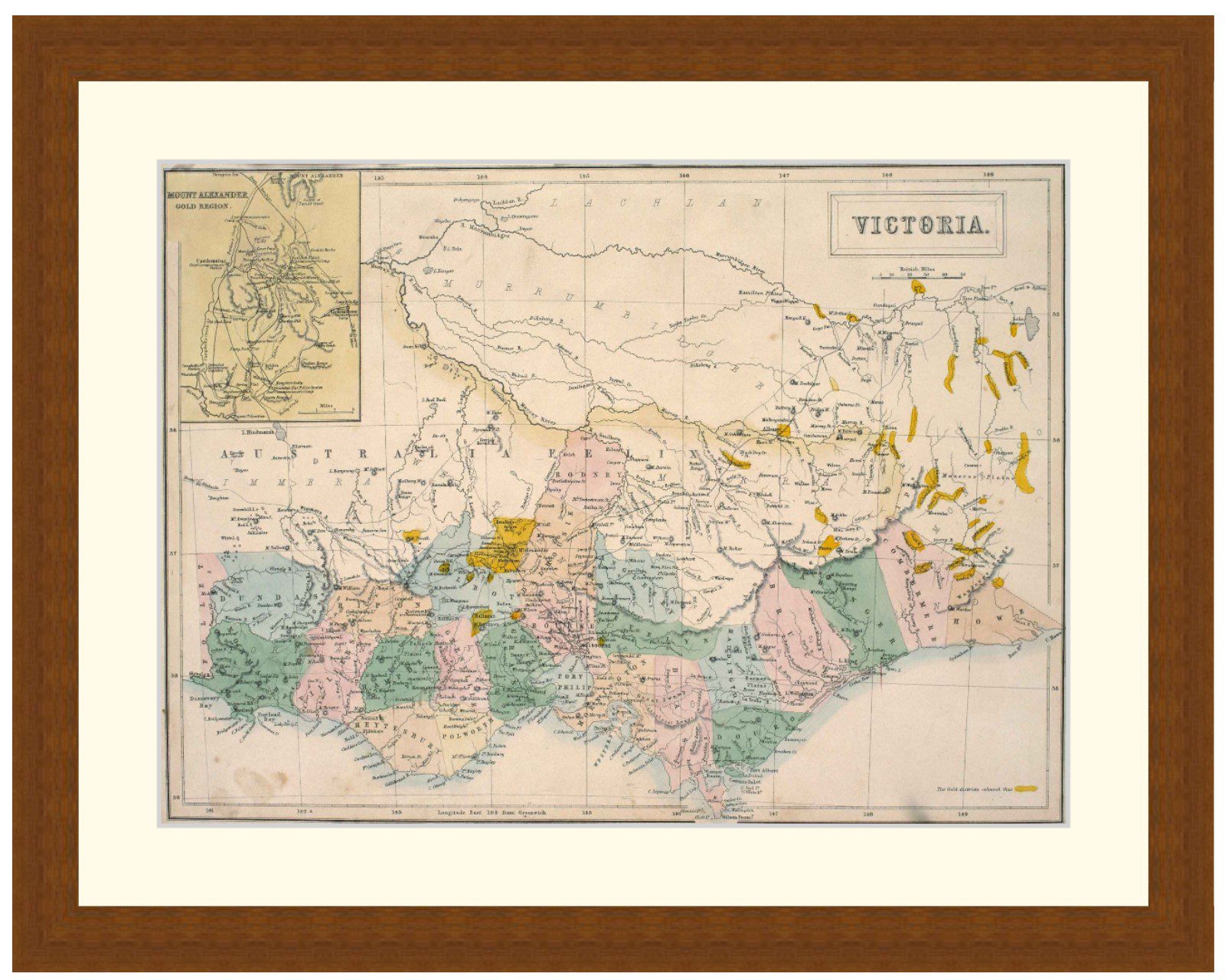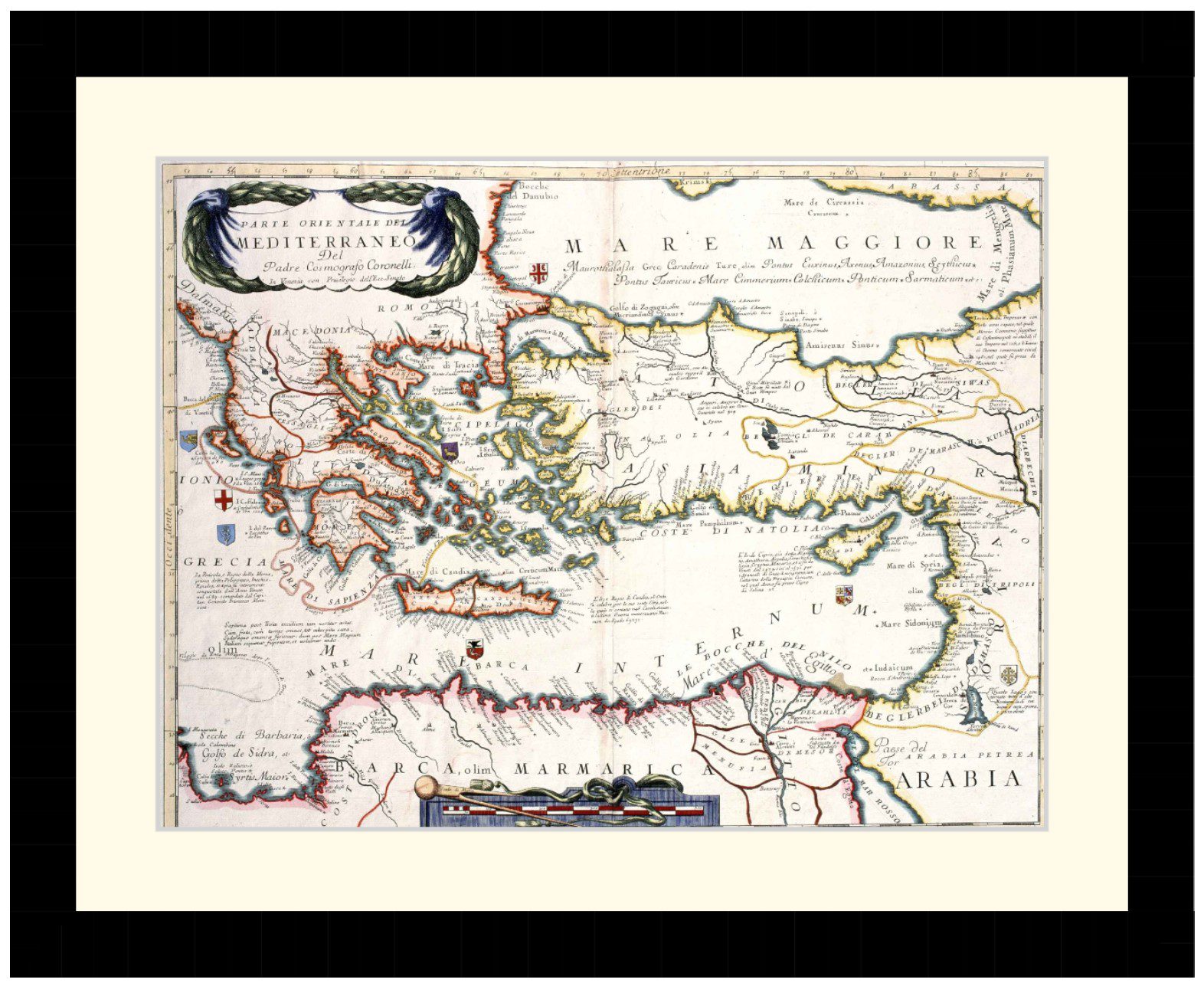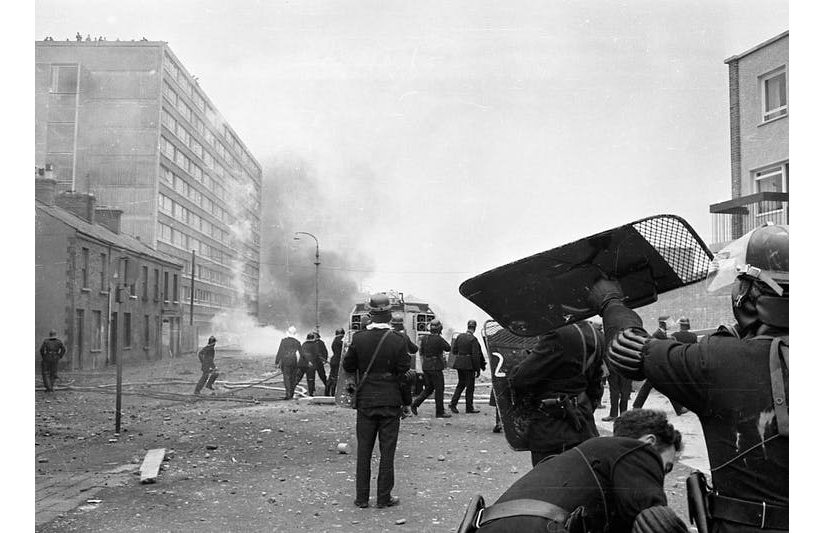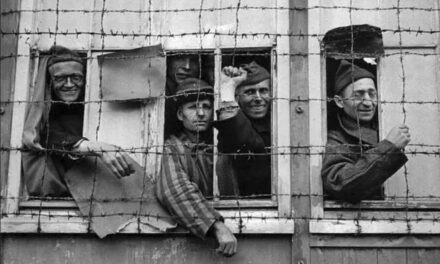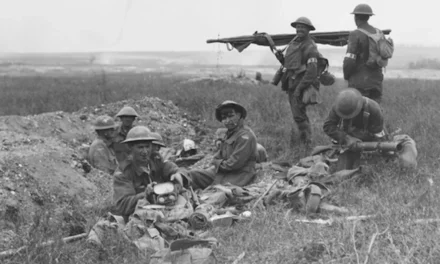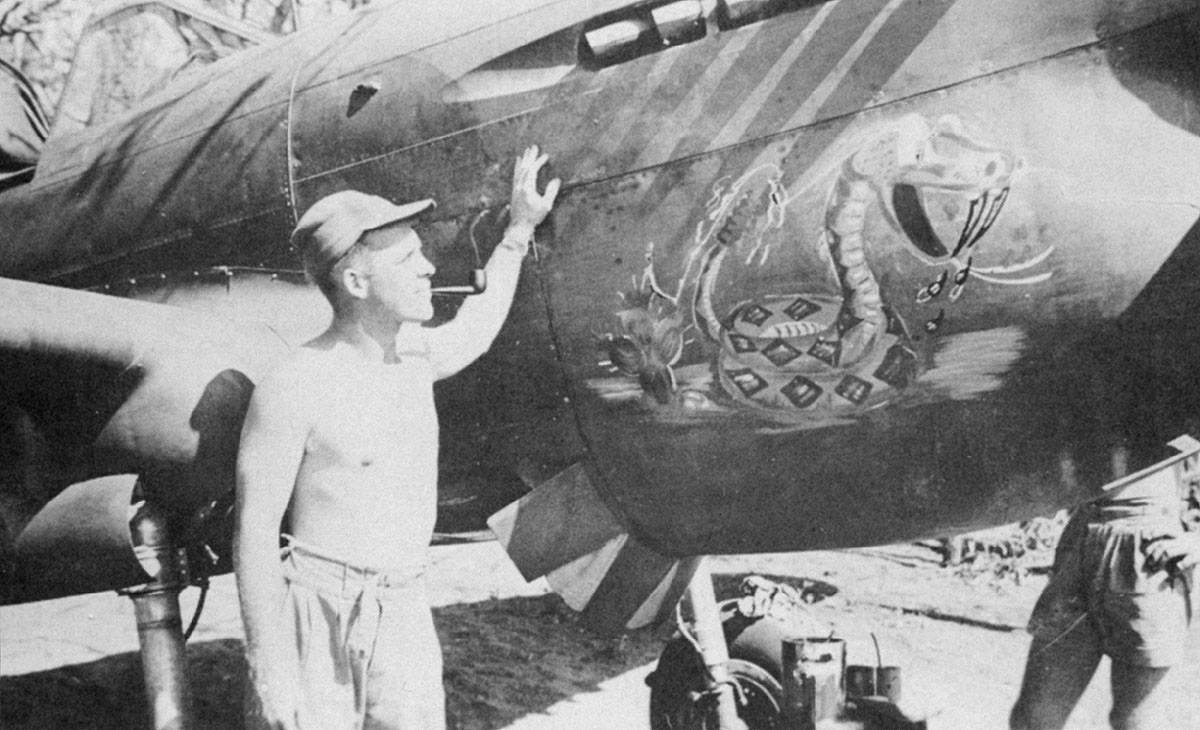Reading time: 6 minutes
When the staggering number of casualties from the Great War became increasingly apparent to those left back at home, English poet Laurence Binyon was so moved by the tragedy he created words that would be immortalized forever; “They shall grow not old, as we that are left grow old. Age shall not weary them, nor the years condemn. At the going down of the sun and in the morning, we will remember them.”
By Michael Vecchio
Although these feelings of remembrance are now used to commemorate the fallen of all global conflict, it was the First World War (1914-1918), or “The War to End all Wars” , that inspired these heartbreakingly eloquent words and forever enshrined the memory of a lost generation for all time; with this spirit of remembrance and in further recognition of the 1918 Armistice comes director Peter Jackson’s, They Shall Not Grow Old, a striking, immersive and emotionally powerful documentary feature unlike anything ever seen before.
Many audiences have surely seen plenty a documentary on the War, as well as films, television shows, and countless other forms of literature, and so one may ask what can Jackson and his team really offer that has not been portrayed before? But this is not simply another recitation of statistics and ideological geopolitics, but an immensely personal and technically ground-breaking work of
cinema, that is both visually stunning and incredibly emotionally intelligent.
Using only the narration of actual veterans alongside images of the War (including soldier training at home, trench life, battle scenes, and graphic stills of the dead and wounded) we are presented with a literal front row seat to this calamitous conflict filled with the personal anecdotes of those who were there; there are no historians, children of veterans and other service members speaking, only the people who knew the realities of the Western Front firsthand.
From the tales of food shortages and diseases in the trench, the horrific smell of death all around, and the struggle to find understanding amidst all the chaos, these stories are all the more poignant as they are juxtaposed with images from the front lines. But this is not your typical black and white, grainy old footage; indeed it is the utterly magnificent restoration and colourization of this more than a century old film that truly makes these stories jump to life. So striking and beautiful is the restoration, that for the first time we see the Great War not as something from a textbook but as a contemporary and very real struggle.
Of course in the scope of human history 100 years is not that long ago, and yet through old film there is of course a perception that what happened in the fields of France and Belgium are so far removed from us.
Jackson has thus created a brilliant resurrection of the past in such vivid detail, it hardly seems that the men and voices we see and hear existed just over 100 years ago. With this vivacity it becomes even more saddening to think that all these individuals (with all their loves, fears and emotions) have now passed on, but forever leaving their marks on us. In one scene a group of soldiers is shown hiding in a ravine, likely awaiting orders to attack, and the scope of the emotions on their faces tells the whole story; later in a post credits commentary we learn that that particular footage was the last film ever shot of those men, who were all killed just 30 minutes after being filmed.
Sifting through close to 600 hours of film footage of the war and interviews with veterans, Jackson and the crew were met with a massive undertaking, yet took on the challenge with an immense reverence. The meticulousness lies not just in colouring and restoring this footage however, but also in adding authentic sounds, speeches from the soldiers (determined by lip reading the silent film and identifying the correct accents), and adjusting the frame rate from reels of damaged film. Plainly, what has been accomplished technically in this movie is an absolute marvel in every sense of that word.

The amount of patience and love it took to match the audio clips of the veterans’ interviews with appropriate images, and then to remaster them to such an exquisite perfection is undoubtedly a monumental task. It is a breathtaking and graphic depiction of events in a way we could never have imagined. Perhaps reading about the piles of young men massacred could provide a vivid
image for some, but with this film it is clear no imagination is needed to realize the raw brutality of this real life butcher shop.
With these amazing testimonials (which are also occasionally amusing, “When will we have strawberries?!”) supported by footage long thought to be unusable, They Shall Not Grow Old relies on the soldiers themselves to greatly humanize the First World War; although it is told through the perspective of British soldiers only, we can assume that the universal human emotions felt by these young men would be the same for the German and other enemy sides. And so the stories and graphic shots presented really do not belong to just the British, but to all who lived, died, and ultimately survived.

The film should not be viewed as an academic study of the War, its causes, and its battles, but rather as a highly personable and emotional view of those who knew it best. Peter Jackson and his team proclaim here that it makes no difference who fired the first and last shot, who was assassinated and who gave what order, rather it is the human toll and their unique experiences that continue to resonate now and forever.
Along this narrative path and with truly extraordinary feats in film and audio restoration, They Shall Not Grow Old is more than just a documentary but a solemn embrace of a lost generation, who once more implore us from beyond the grave to stop the fighting. For as Laurence Binyon wrote “To the end, to the end, they remain.”
Articles you may also like
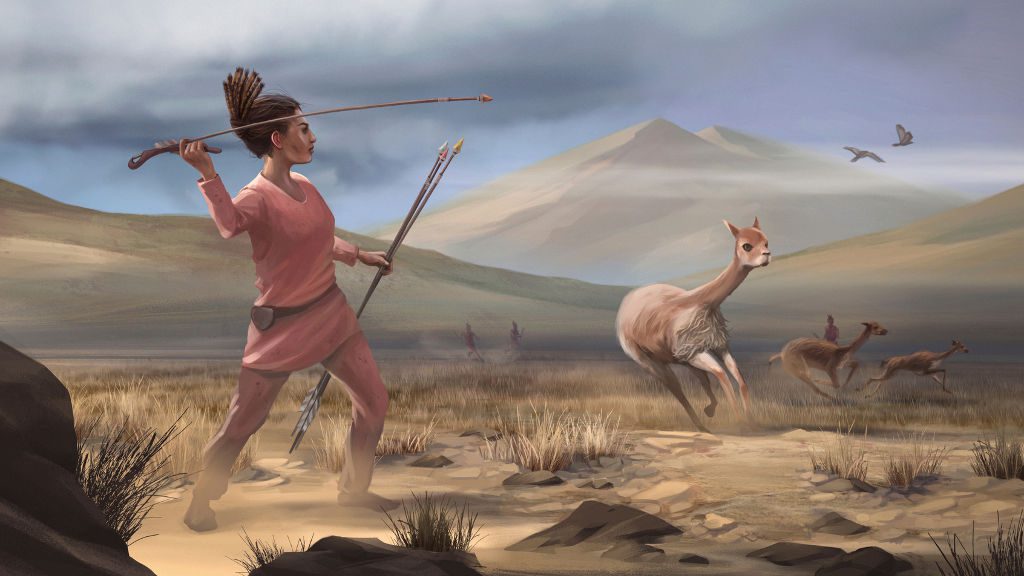
Prehistoric female hunter discovery upends gender role assumptions
Researchers have generally thought that only prehistoric males hunted, however a recent publication in Science Advances disputes this notion. Big-game hunting is an overwhelmingly male-biased behavior among recent hunter-gatherer societies. Such observations would seem to suggest that this gendered behavioral pattern is an ancestral one, ostensibly stemming from life history traits related to pregnancy and […]
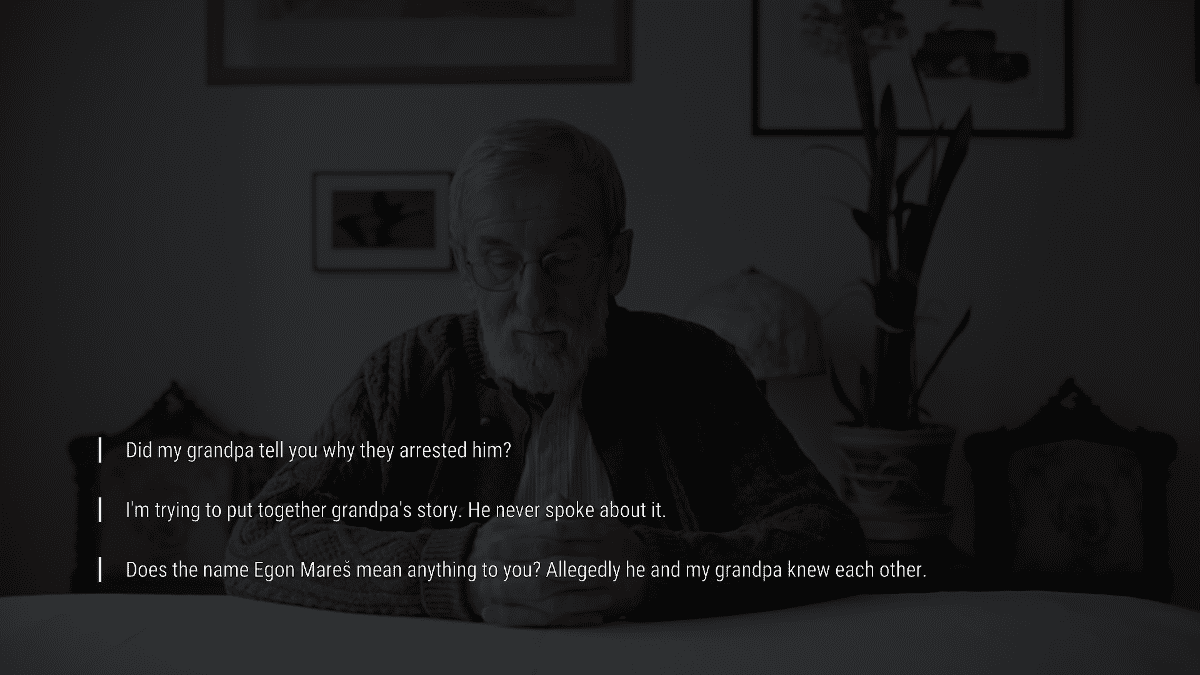
Can Games Teach History?
Reading time: 7 minutes
Video games love historical settings: from adventure games like the Assassin’s Creed series, to action games like Call of Duty and its sequels, to strategic sagas like Europa Universalis; there’s no shortage of examples. Can computer games be more than entertainment, though, and can they actually teach their audience about what happened in the past?
The text of this article was commissioned by History Guild as part of our work to improve historical literacy. If you would like to reproduce it please get in touch via this form.

